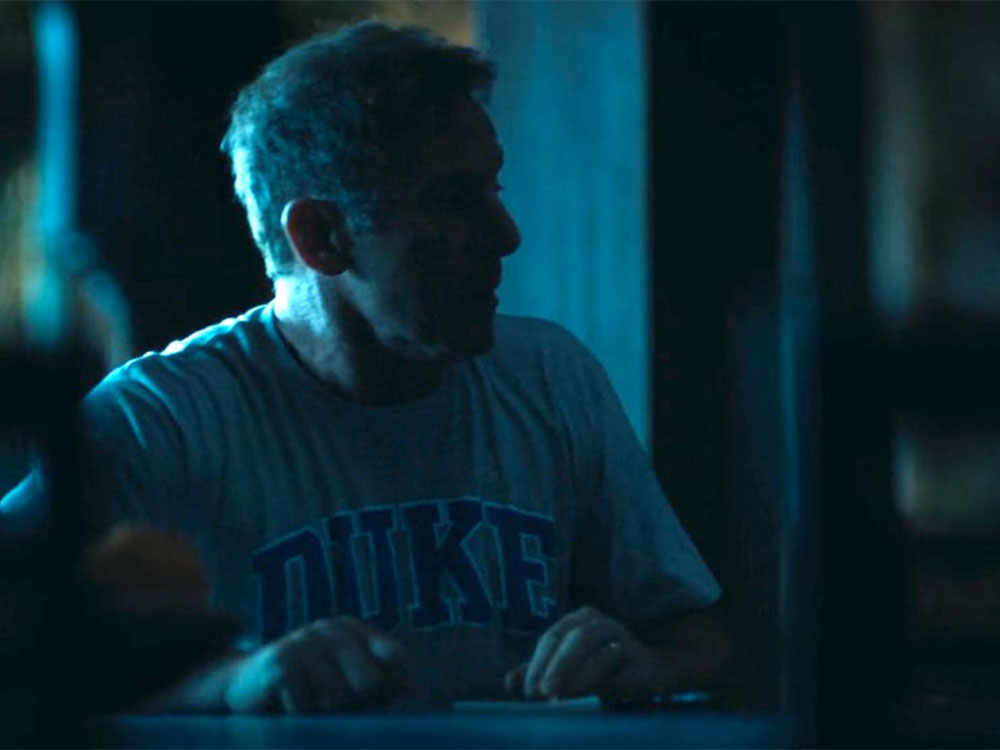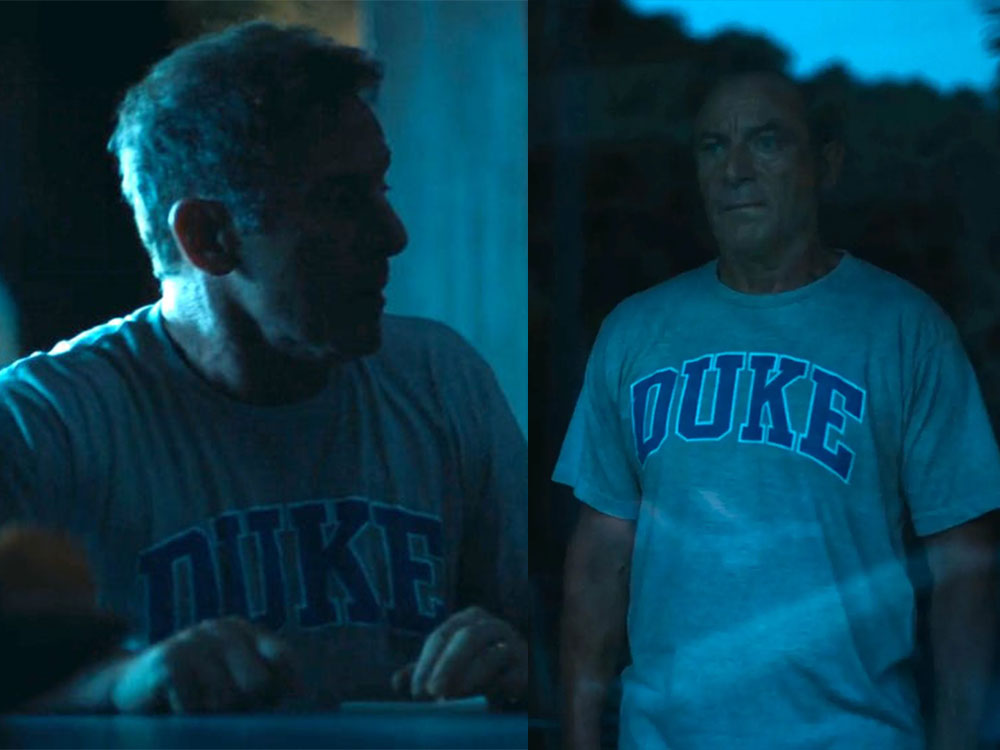Fashion Trends, Political
Duke University Unhappy About The White Lotus T-Shirt Moment
When a prestigious university and a hit TV show clash, it’s bound to spark some curiosity. Duke University recently found itself in the spotlight—not for its academic accolades or basketball prowess, but for an unexpected cameo in HBO’s The White Lotus. The issue? A character, portrayed by Jason Isaacs, wore a Duke T-shirt during a particularly intense scene, and the school isn’t thrilled about it. What might seem like a trivial wardrobe choice has stirred up a mini-controversy, with Duke calling it a step too far. Let’s dive into why this T-shirt moment has the Blue Devils feeling blue and what it says about branding in the age of pop culture.
A Logo Caught in the Drama
In the latest season of The White Lotus, known for its sharp satire and dramatic twists, a character donned a Duke University T-shirt during a scene that’s been described as violent and unhinged. For Duke, this wasn’t just a casual shoutout—it was an unauthorized use of their brand in a context they’d rather not be linked to. The university issued a statement expressing displeasure, noting that the depiction “goes too far” and that the show didn’t seek permission to feature their logo. It’s not hard to see why Duke might balk: a school synonymous with excellence doesn’t want its name tied to a fictional character’s chaos, especially when that character isn’t exactly a model citizen. This isn’t the first time a brand has bristled at its portrayal in media, but it’s a rare public pushback from an academic institution.


Branding Battles in the Spotlight
The White Lotus incident raises bigger questions about how brands—educational or otherwise—navigate their image in entertainment. Duke’s reaction suggests a protective stance, likely driven by a desire to maintain its reputation as a place of prestige and integrity. Universities often license their logos for merchandise, but when it comes to scripted TV, the stakes feel different. Could this spark a broader conversation about intellectual property in Hollywood? For now, Duke’s displeasure has put a spotlight on the delicate dance between creative freedom and brand control. Fans of the show might see it as a petty complaint, but for Duke, it’s about ensuring their T-shirt doesn’t become shorthand for something they didn’t sign up for. As the story unfolds, it’ll be interesting to see if HBO responds—or if this remains a quiet grumble from Durham.

